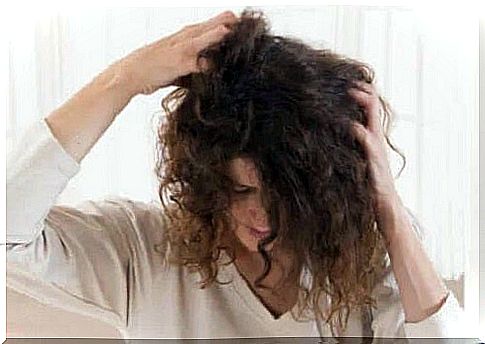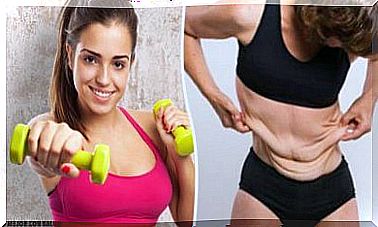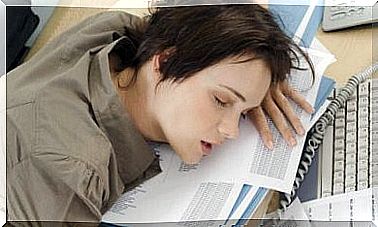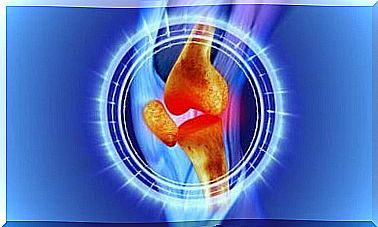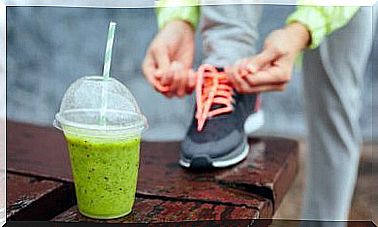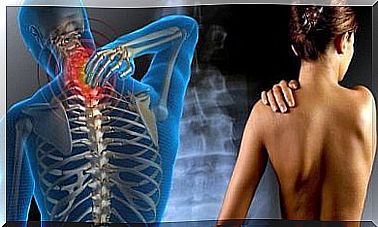Breastfeeding Hair Loss
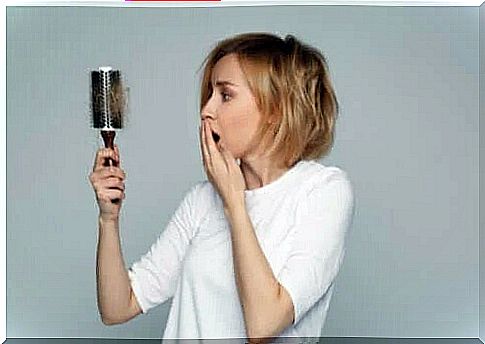
Women may experience hair loss while breastfeeding. However, breastfeeding itself does not cause the problem, but rather a process that coincides with breastfeeding. The postpartum period or puerperium is the real culprit for the massive hair loss that some women experience.
Normally, you lose between 50 and 100 hairs every day. In the first 3 months after the birth of a child, you lose a lot more hair. Therefore, this phenomenon is often attributed to breastfeeding.
Breastfeeding: What Causes It?
It is natural for hair to fall out. In fact, this is part of the natural hair cycle. Growth lasts between 2 and 3 years and is asynchronous, which means that not all hair grows at the same time and does not fall out simultaneously. During the cycle, 90% of the hair grows and between 10% and 15% are in a resting phase. When the hair at rest falls, other new strands begin to grow.
So it is normal for hair to fall out. However, during pregnancy and postpartum, there is a change in the normal cycle of hair growth. The hormones that the body secretes during pregnancy produce an accelerated growth of hair, making it fall out less.
Then, after giving birth, you will lose hair that did not fall out during pregnancy. This phenomenon, known in medicine as telogen effluvium, is normal and reversible.
Tips to reduce hair loss in breastfeeding
Vitamin B6 is a great ally of hair. In fact, according to Palafox Virgil, oral administration of vitamin B6 helps reduce hair loss. However, your doctor should prescribe these supplements.
Remember that vitamin B is a group that includes vitamin B1 (thiamine), B2 (riboflavin), B3 (niacin), B5 (pantothenic acid), B6 (pyridoxine) and B7 (biotin). B9 is also folic acid and B12 is cobalamin.
B6, B7 and B12 are the most useful for hair care. In addition, they all play important roles in the body, such as getting energy from food.
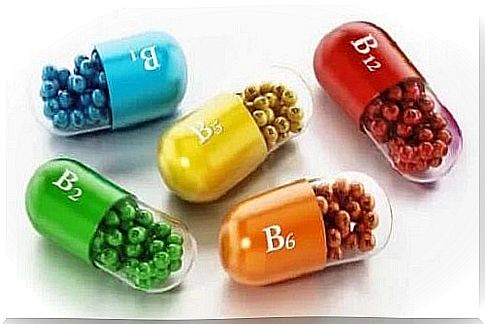
To reduce hair loss, it is important to pay special attention to diet. Without taking any supplements or pills, you can increase your vitamin B intake by including it in your diet. There are a lot of foods that contain vitamin B. Fish contains a large amount of vitamin B12. Some of the most recommended species are sardines, with 8.9 micrograms of vitamin B12 per 100 g.
Legumes (lentils, beans and lima beans) contain between 444 and 482 micrograms of vitamin B9 or folic acid per 100 g. Under normal conditions, it is recommended to consume about 400 micrograms every day.
The liver and other organs of the beef, such as the kidneys, contain a lot of B vitamins. In fact, in 100 g of liver, there are 80 micrograms of vitamin B12.
Make sure you do this correctly. First of all, you need to know what type of hair you have, either dry or greasy. By massaging it, you can stimulate the sebaceous glands, which help keep the skin lubricated.
If you have oily hair that produces a lot of sebum, you should massage your palm so as not to stimulate the glands. If you have dry hair, do a massage with your fingertips. Then massage the scalp in circles, gently, for 2 or 3 minutes.
